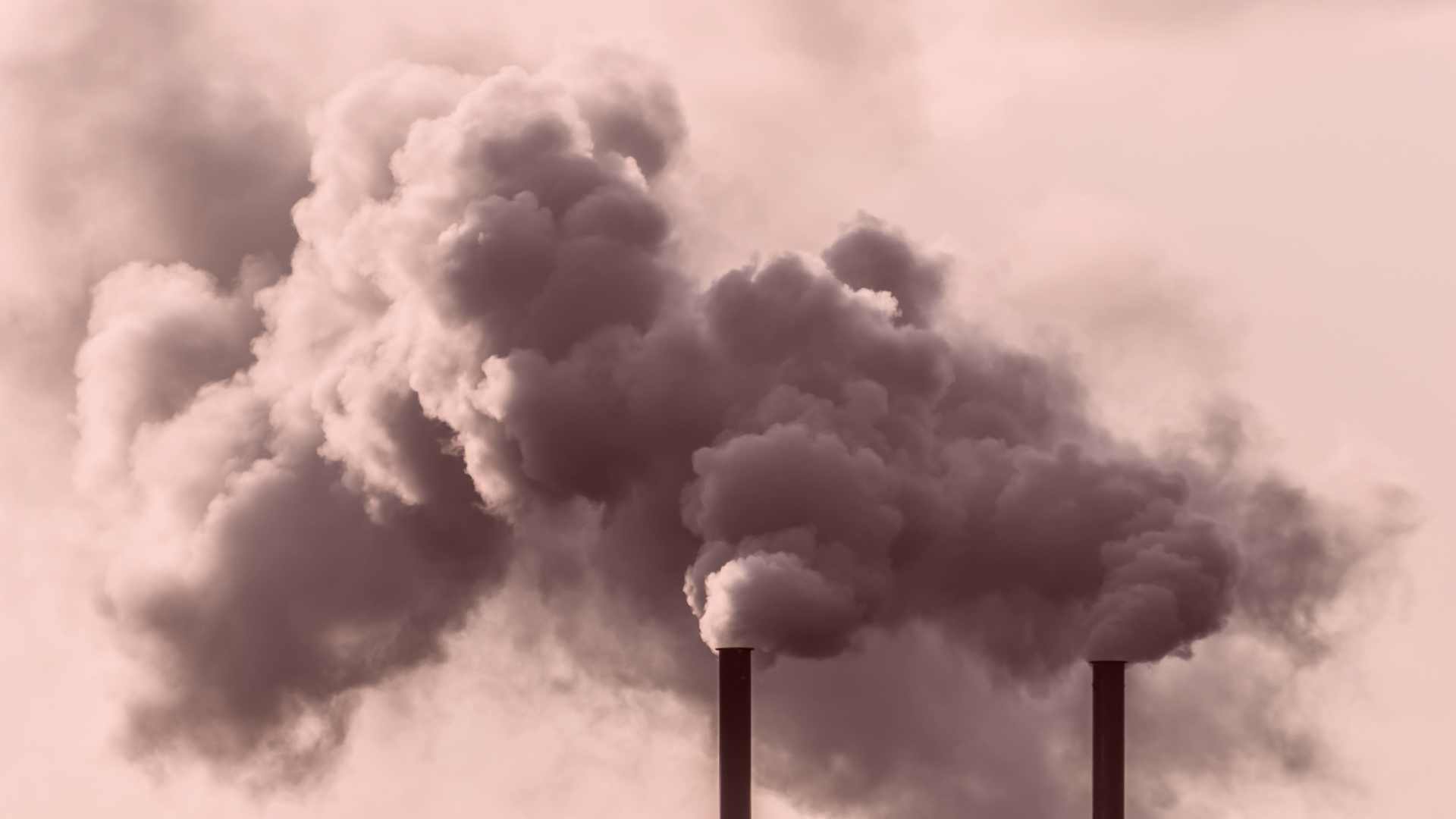Brookfield Corporation, another major private equity player, acquired a majority stake in energy investor Oaktree Capital in 2019. While positioning itself as a leader in decarbonization, Brookfield, like Civitas, lacks proper emissions accounting and discolsure of its fossil fuel impacts. This discrepancy allows the firm to greenwash its operations while still investing heavily in fossil fuel assets. Despite calls for transparency, Brookfield has not addressed these concerns, indicating a broader issue of oversight and accountability within the financial sector regarding environmental impact.
A report by the Private Equity Climate Risks consortium highlighted a stark discrepancy between Brookfield’s reported emissions and its actual carbon footprint. Its current fossil fuel investments emit nearly 159 million metric tons of CO2 equivalent (CO2e) a year, much of that through its ownership of Oaktree Capital, a private equity firm with $183 billion in assets. This emissions figure is nearly 14 times higher than the figures Brookfield discloses in its most recent sustainability report and greater than the CO2 emissions produced by burning 178 billion pounds of coal.
From Capital & Main:
‘Major private equity firms like Brookfield can undercount their emissions and undermine their own commitments since they face less public pressure and regulatory oversight than other financial institutions such as banks, allowing them to greenwash their operations while doubling-down on fossil fuel assets,’ wrote analysts at Americans for Financial Reform Education Fund, Global Energy Monitor and the Private Equity Stakeholder Project.
Private equity also supports a vast amount of oil and gas production on public lands, with such drillers comprising 78% approved federal drilling permits since 2017 in Colorado alone. The state could face the nation’s largest cleanup costs for such operations, totaling $161.2 million, researchers at the Private Equity Stakeholder Project and Public Citizen found in an August report.”
The August 2023 PESP report “Private Profits, Public Risks” found that investments by private equity firms in nearly 2,700 oil and gas wells on federal and tribal lands across the western United States could leave taxpayers with a cleanup bill of up to $380 million. Given this pattern, the report urges federal and state officials to ensure that the oil and gas industry bears the financial burden of plugging and cleaning up aging oil and gas wells around the country. Otherwise, taxpayers will be stuck with the bill.

